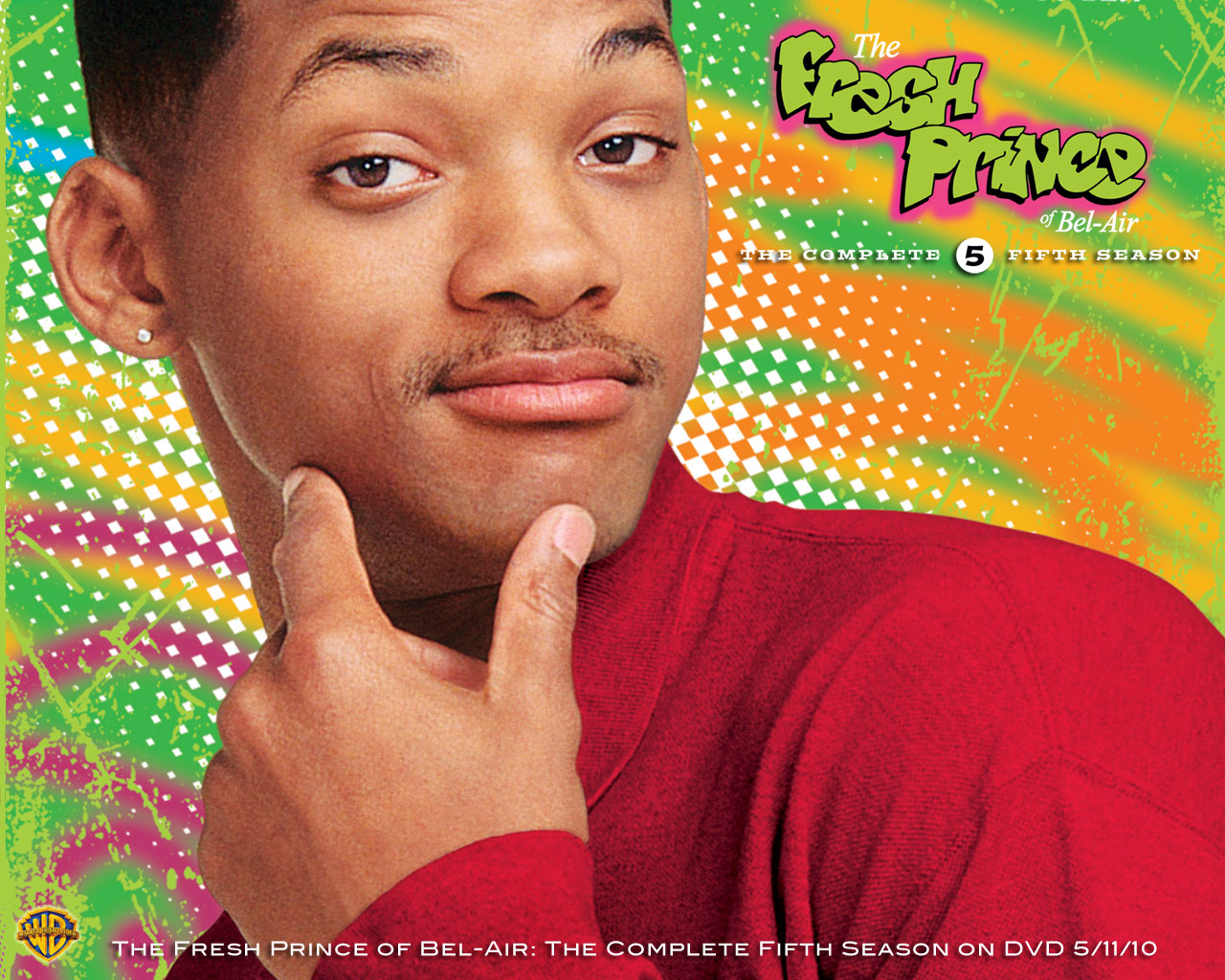.jpg)
This week, The Chimes staff discusses how the different aspects of the 90s such as the popular show, The Fresh Prince of Bel-Air, shaped "Generation Y". | Courtesy of Creative Commons
Commonly referred to as “Generation Y,” we children of the 90s are a rare breed — and don’t we know it. Born at the end of an era, we watched with excitement as a new millennium was ushered in, one that promised our starry-eyed generation a blank slate of countless opportunities. What did the 90s teach our millennial generation that was so detrimental? That our identity is our own experiment — no one can tell us how to live or who to be. A better question, however, and the one we want to wrestle with is this: What subtle, ingrained millennial ideologies do we as Generation Y Christians still allow to influence our identity, and how do we reconcile this?
As a generation that endorses self-gratification, 90s kids have grown up watching their favorite television stars lose their innocent reputation in the process of “finding themselves.” However, there are still some role models who have continually held to the values their character advocated. For example, 90s kids can remember back to the days of Lizzie McGuire as she fought the indulgent pressures of middle school, or The Fresh Prince of Bel-Air who, in almost every episode, humbled himself to repent for his mistakes. Both characters remind us that we are held accountable for our own actions and we must run far away from the ever-encroaching line of questionable morals. As Gen Y Christians, we should not be asking the question, “What can I get away with?” Justifying our sinful actions under the sugar-coated umbrella of God’s grace will only blend us in with the rest of the generation that toes the line between sin and acceptable behavior. Instead, as our own nostalgia will help us recall, we should be answering the question, “Is this what the people of Bel-Air are living like?” It might not be all that right.
O.J. Simpson, Enron, Bill Clinton and Monica Lewinski, steroid use by professional athletes, Bernie Madoff: These are all personalities indicative of the moral anarchy of the 90s and are also events of the decade in which we were reared. One of the characteristics binding these moral failures is the fact they got away with what they did — for a time. It is almost as if there were no moral repercussions for their unethical and shoddy behavior — for a time. While we may not consciously remember these events actually taking place, there are pieces of these stories that give us certain symptoms that affect our current moral crisis. For example, we think we are entitled to do whatever we want regardless of the consequences because they will never catch up with us. Nothing could be farther from the truth. Sin has consequences. Generation Y, however, thinks whatever it does will bear no negative outcome because it is, in a word, immortal. As Christians, we know this to be false, but we often abide by the same principle.
Now how are we supposed to live as ‘90s kids in what has now become “Generation Me” culture? While the millenium has made a lot of progress, the advances in technology and media do not necessarily have the best outcomes for the morality of its people. It appears the millenium has birthed a slightly narcissistic society that feels entitled to have the world revolve around them. We now live in an age where we communicate faster and more frequently because of the digital explosion, kids desire to “grow up” quickly, and the traditional family unit popularized in pre-90s television has lost its familiar structure. But as with every generation there are exceptions, and there are diamonds in the rough.
There are fruitful ways to utilize what the millenium has given us. Because we live in the digital age we can have a larger sense of community both locally and globally. The access of information we have is greater and can cause us to have a better understanding of our culture and how to influence it well. But we must also keep in mind that, as Christians, our identity cannot be found in individualism. We are called to community, and we are called to higher standards than Generation Me promotes.







